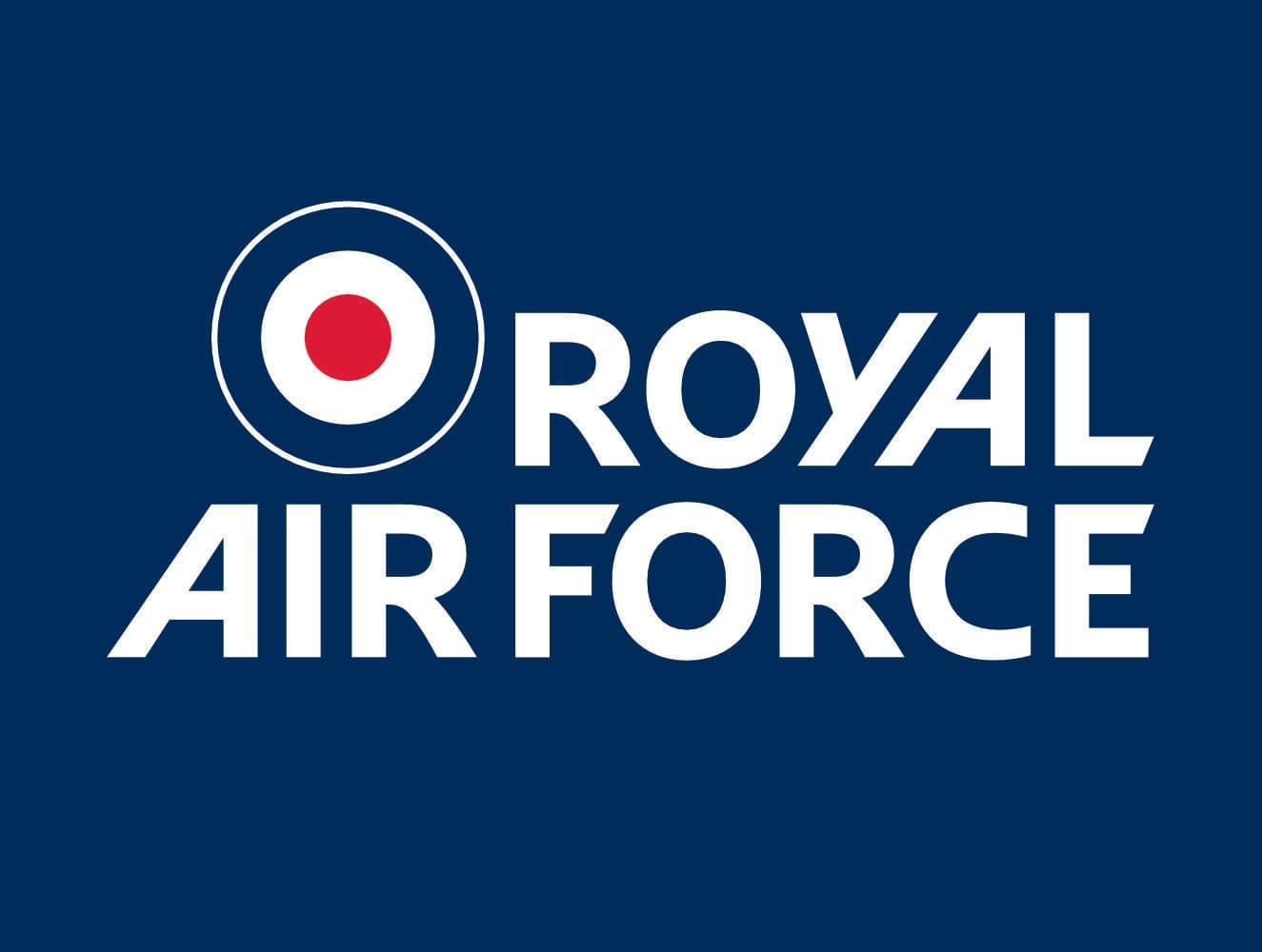
LONDON–The UK Royal Air Force is advancing its work on the development of synthetic aviation fuels as it eyes becoming net zero by 2040.
In a new phase in its work with UK-based fuel startup Zero Petroleum announced at the Farnborough Airshow, the RAF will explore scaling up the production technologies associated with the production of Zero Petroleum’s synthetic AvGas.
The Royal Air Force’s Rapid Capability Office Project Martin worked with Zero Petroleum in 2021 to produce the fuel by extracting hydrogen from water and carbon from atmospheric carbon dioxide using energy generated from renewable sources like wind or solar. The synthetic fuel produced was used to power an Ikarus C42 microlight aircraft in a record-breaking flight last November.
Zero Petroleum’s work has now extended beyond the synthetic AvGas and has since developed a synthetic AvTur. Both can be used as drop-in replacements.
The RAF now wants to scale up the production process that would enable construction of what it calls a “squadron-scale fuel manufacturing capability.”
RAF officials say fuel manufactured using this technology could eliminate carbon emissions in flight, reduce the RAF’s reliance on global supply chains and increase its operational resilience.
The RAF says Zero Petroleum’s technology is a viable substitute for all fossil-petroleum demand at scale, without the land-use and scaling limitations of bio- and waste-based systems.
The efforts are part of the air force’s goal to be net zero in terms of its carbon emissions by 2040.
“This groundbreaking collaboration with Zero Petroleum is a glimpse of the future for aviation fuel,” said Air Chief Marshal Sir Mike Wigston, the RAF’s Chief of the Air Staff. “It points to how we will crack the net zero challenge as a national and international endeavor, and the leading role the Royal Air Force and UK science and technology can play in that.”
